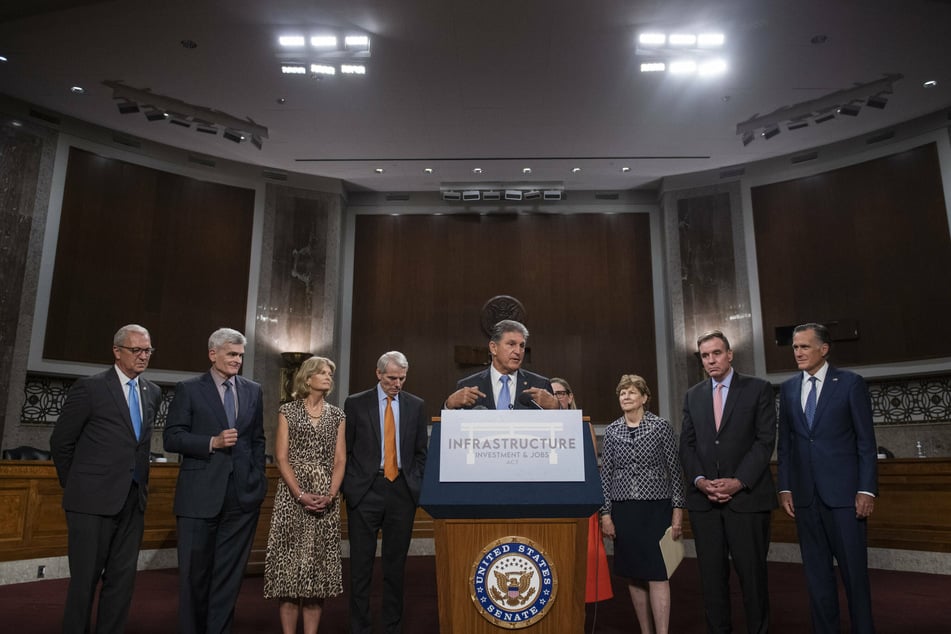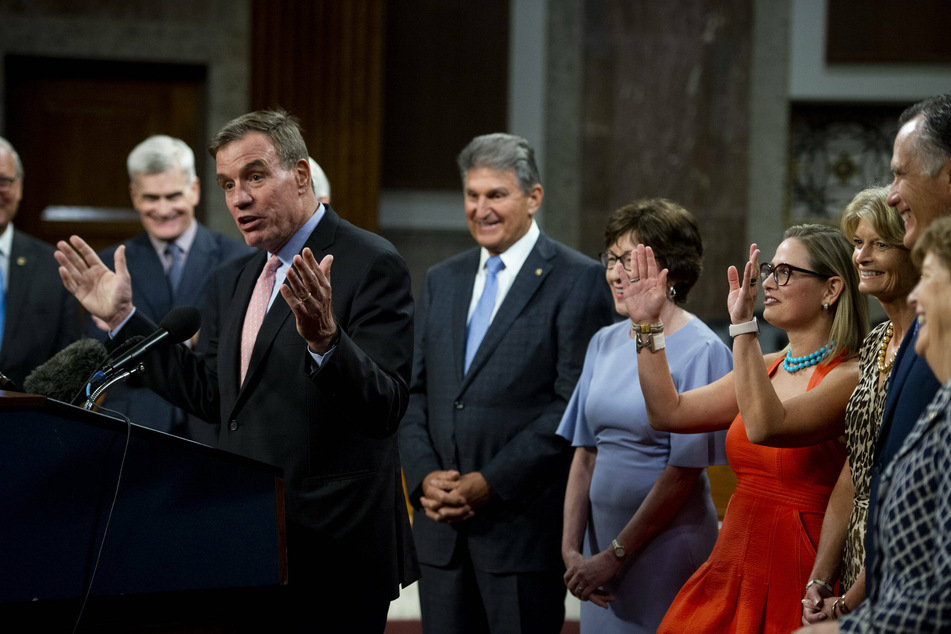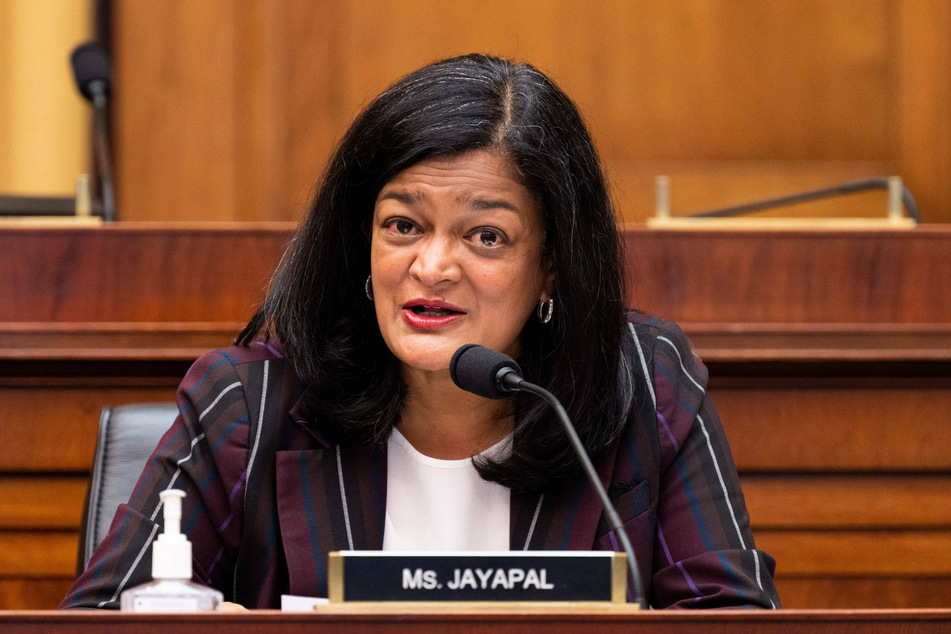Bipartisan infrastructure deal clears key Senate vote
Washington DC – The Senate on Wednesday cleared the first procedural hurdle toward enacting an expansive proposal to build and repair the nation’s roads, bridges, and broadband internet networks. But significant challenges remain.

The Senate voted 67-32 to open formal debate on the bipartisan infrastructure proposal. The procedural motion, which needed 60 votes, had support from 17 Republicans as well as 48 Democrats and the two independents who caucus with them.
After weeks of negotiation, the vote is a decisive victory for the first portion of President Joe Biden’s "Build Back Better" infrastructure proposal.
According to the White House, the proposal would amount to the largest-ever federal investment in public transit, the largest investment in passenger rail since the creation of Amtrak, and the largest bridge investment since the interstate highway system was constructed.
Despite wide bipartisan support for improving the nation’s infrastructure, the bill, which is not yet completely written, will face further tests in the coming days as it goes through the Senate and later, when it goes to the House.
A separate, follow-on infrastructure bill that Democrats plan to push through without GOP support will likely be even more difficult.
Previous attempts to open debate on the proposal failed

Wednesday’s successful vote to open debate on the bipartisan plan is no guarantee it will pass.
In addition to the risk of losing support from those Republicans who voted yes on Wednesday, a handful of Democrats have only committed to starting the process and said they wanted to review the whole bill before agreeing to support final passage.
Senator Mark Warner of Virginia, a lead Democratic negotiator, acknowledged it would not get every Democratic vote. "Anytime you do a bipartisan deal that doesn’t go through regular order, people are understandably upset," he said.
Senator Kyrsten Sinema of Arizona, a moderate Democrat, told the Arizona Republic she would support starting the process on the bipartisan bill but still had concerns about the separate, second infrastructure bill Democrats planned to pursue without GOP support.
A previous attempt to start formal debate on the bipartisan plan failed last week when Republicans balked at Schumer’s attempt to advance the bill before the final details had been hammered out.
Biden and the group of bipartisan senators announced a month ago they had reached an agreement on an infrastructure framework.
But it quickly became clear that that framework was incomplete. The group, with the addition of White House staffers, continued to meet on Capitol Hill to iron out details.
For more than a week, members of the negotiating group said they were close to a deal.
Democrats want to invest in social programs in reconciliation package

Democrats hope to approve about $3.5 trillion for the rest of Biden’s plan under a budget process known as reconciliation that doesn’t allow for a GOP filibuster.
That part of the plan includes an ambitious list of new and expanded social programs, such as child and elder care and enhanced Medicare benefits. With Republicans opposing these programs, Democrats must rely solely on their own caucus for the votes.
Because Democrats will have no margin of error, Sinema’s skepticism about this second bill could prove problematic.
"I do not support a bill that costs $3.5 trillion – and in the coming months, I will work in good faith to develop this legislation with my colleagues and the administration to strengthen Arizona’s economy and help Arizona’s everyday families get ahead," Sinema said.
The House has not yet taken up either proposal. Amid concern from progressives that Senate moderates might balk at the partisan proposal, Speaker Nancy Pelosi, a California Democrat, has said the House won’t take up the bipartisan bill until the companion legislation gets through the Senate.
Rep. Pramila Jayapal, a Washington Democrat, chair of the Congressional Progressive Caucus, said Wednesday that the bipartisan bill will not advance in the House "unless it has a reconciliation package, with our priorities, alongside it."
Cover photo: IMAGO / MediaPunch

